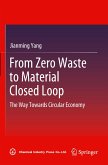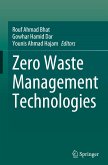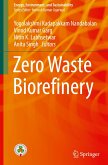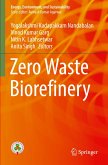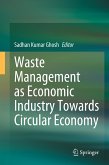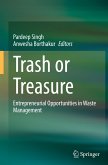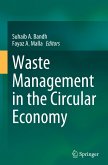This book interprets the economic benefits and social benefits brought about by zero waste. Beginning with the general history of waste, its mechanism and different categories, this book first explores waste management and resourcing technology around the world nowadays. It then elaborates on the concept and practices of zero waste, discussing about the relationship between zero waste and eco-design, and about relative international standards. At last, it points out that zero waste could be the pathway from linear economy to circular economy, backed up by theories and practices.
This book offers a clear direction for companies and organizations about environment. It can also be used as a sustainable development strategy handbook for executives in companies and organizations.
This book offers a clear direction for companies and organizations about environment. It can also be used as a sustainable development strategy handbook for executives in companies and organizations.


